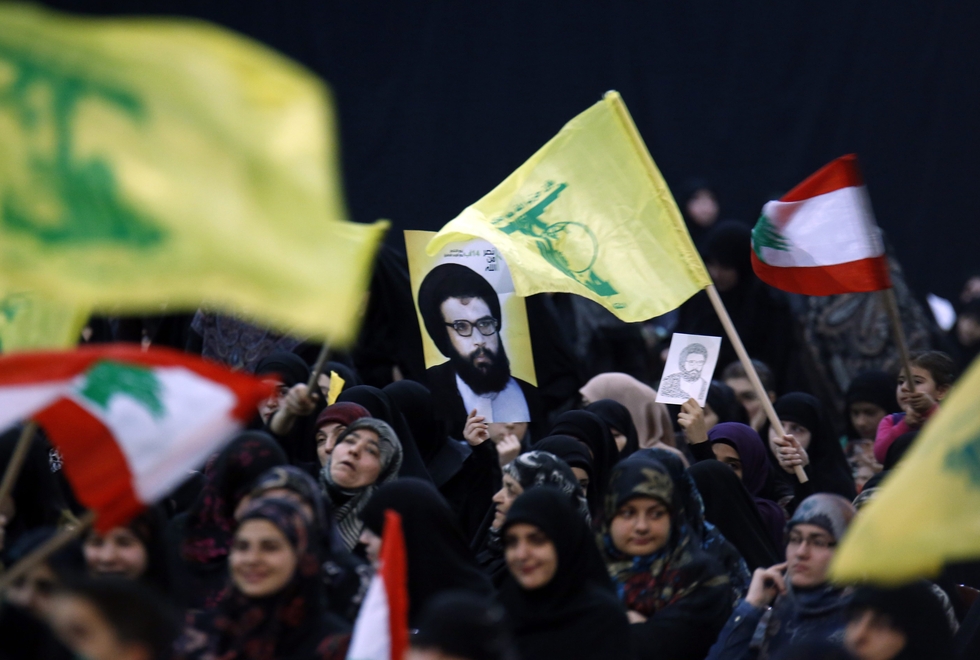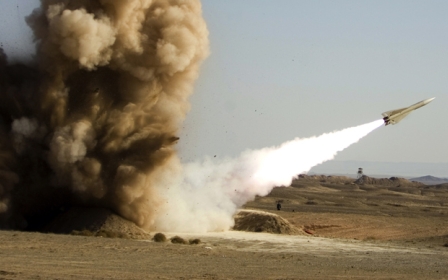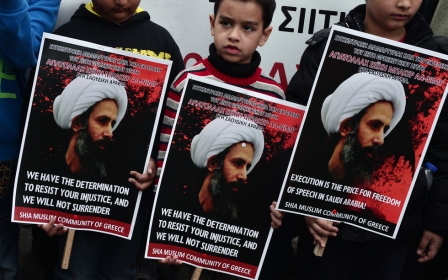Saudi Arabia and UAE tell citizens to avoid Lebanon

The UAE banned its citizens from travelling to Lebanon on Tuesday, hours after Saudi Arabia issued a warning to its citizens urging them to return from the country.
The announcements came after Riyadh cut $4bn of aid to Lebanese security forces amid growing tensions with regional rival Iran.
The state-run Saudi Press Agency released a statement quoting the foreign ministry urging citizens already in Lebanon to leave or get in touch with the Saudi Embassy in Beirut. The agency gave no reason for the decision other than safety concerns that were not elaborated on.
The UAE initially said in an official statement that it would call back the majority of its diplomats from Lebanon and banned Emiratis from travel there, according to the state-run WAM news agency. However, it then stepped up the warning to a ban.
The Emiratis did not give a reason for the statement.
On Friday, Riyadh announced that it was pulling the plug on deals worth $3bn to provide arms and support to Lebanese security forces. The decision was believed to have been made in retaliation for Lebanon choosing to side with Iran in Riyadh’s fallout with Tehran.
Announcing the aid halt on Friday, an official said the kingdom had noticed "hostile Lebanese positions resulting from the stranglehold of Hezbollah on the state".
Riyadh was making "a comprehensive review of its relations with the Lebanese republic," the unnamed official said, cited by SPA.
French ambassador to Lebanon Emmanuel Bonne on Tuesday said that he was lobbying for Saudi Arabia to unfreeze the arms deal, which would have seen Saudi money purchase French military equipment.
Lebanon is divided politically between a Sunni-led coalition and the Iran-backed Shia Hezbollah movement. Lebanon has been victim to a series of attacks in recent years linked to the conflict in neighbouring Syria.
On Sunday, Lebanese Justice Minister Ashraf Rifi resigned from the cabinet Sunday, saying that Hezbollah's grip on the country is harming Beirut's relations with Arab countries.
The move appears to have been sparked by Lebanese Foreign Minister Gibran Bassil's decision not to support Saudi resolutions against Iran at two meetings held between Arab and Muslim foreign ministers. Bassil hails from the Christian Free Patriotic Movement, a key ally of Hezbollah.
"He [Bassil] dared to offend the kingdom of Saudi Arabia at the request of Hezbollah," Rifi said in a statement following his resignation. "The practices of Hezbollah's statelet and its allies are not acceptable and staying in the government means approving them.
"There is an armed party that is dominating the government's decisions. I call upon the government to at least apologise to the [Saudi] kingdom, its leadership and people," he added.
New MEE newsletter: Jerusalem Dispatch
Sign up to get the latest insights and analysis on Israel-Palestine, alongside Turkey Unpacked and other MEE newsletters
Middle East Eye delivers independent and unrivalled coverage and analysis of the Middle East, North Africa and beyond. To learn more about republishing this content and the associated fees, please fill out this form. More about MEE can be found here.




